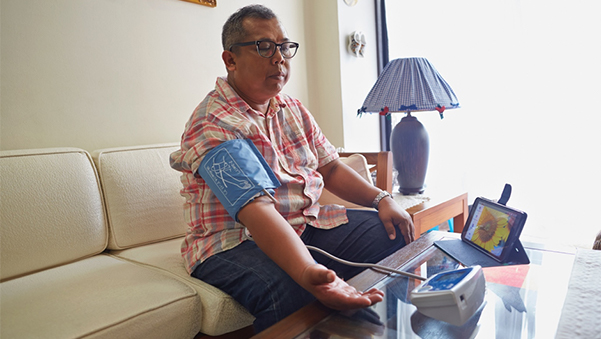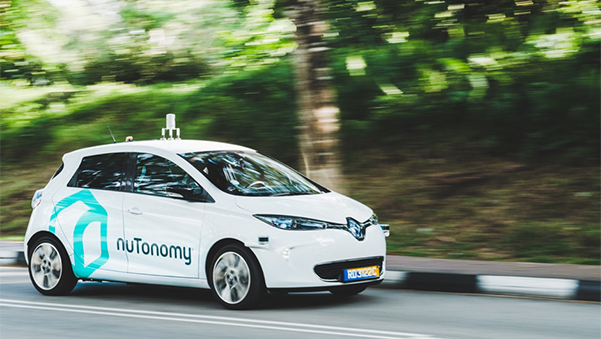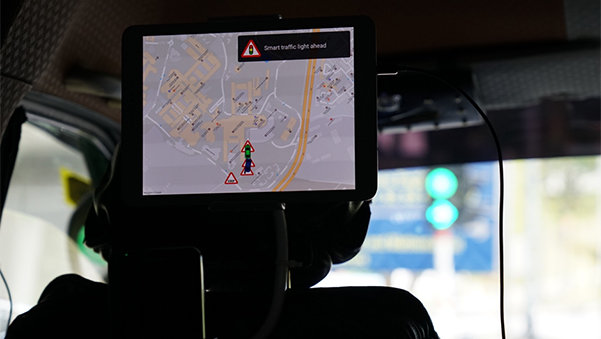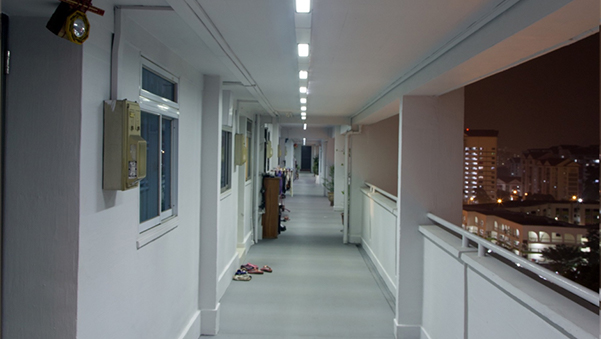Multinational firms are collaborating with Singapore’s government to transform the country into a Smart City. Their efforts could help them tap into an Asian market worth billions of dollars.
By 2020, people who need a car in Singapore will be able to use any one of 1,000 electric vehicles parked across the country for public use.
Starting in the second half of 2017, the French multinational transport firm Bollore Group will progressively roll out the vehicles as part of a national, 10-year electric car-sharing program initiated by the city-state’s Economic Development Board (EDB) and Land Transport Authority (LTA).
The program, which aims to curb car ownership in the country and provide easy access to environmentally-friendly vehicles, is just one instance of the Singapore government’s ongoing, comprehensive plan to introduce technologies and systems to improve people’s lives.
Dubbed the Smart Nation initiative, the plan will focus on using digital technology to improve transport, business productivity, healthcare, public sector services, homes and the environment for a start, with the goal of strengthening communities and creating opportunities for citizens.
For companies such as the Bollore Group – which is already the world’s largest car-sharing operator – the initiative represents not only a wealth of business opportunities but also a great opportunity to test solutions before exporting them to the rest of Asia.
The potential rewards are enormous. Market research firms have estimated that investments in various smart city technologies will exceed more than a hundred billion dollars in Asia in the next decade. In 2016, the Singapore government alone said that it would call for a record $2.82 billion worth of technology tenders in that year as part of its Smart Nation plans.
From healthcare to transport and consumer electronics, multinational firms are participating in Singapore’s smart city transformation with an eye to the opportunities in Asia. These are just some of them.
The future of healthcare










